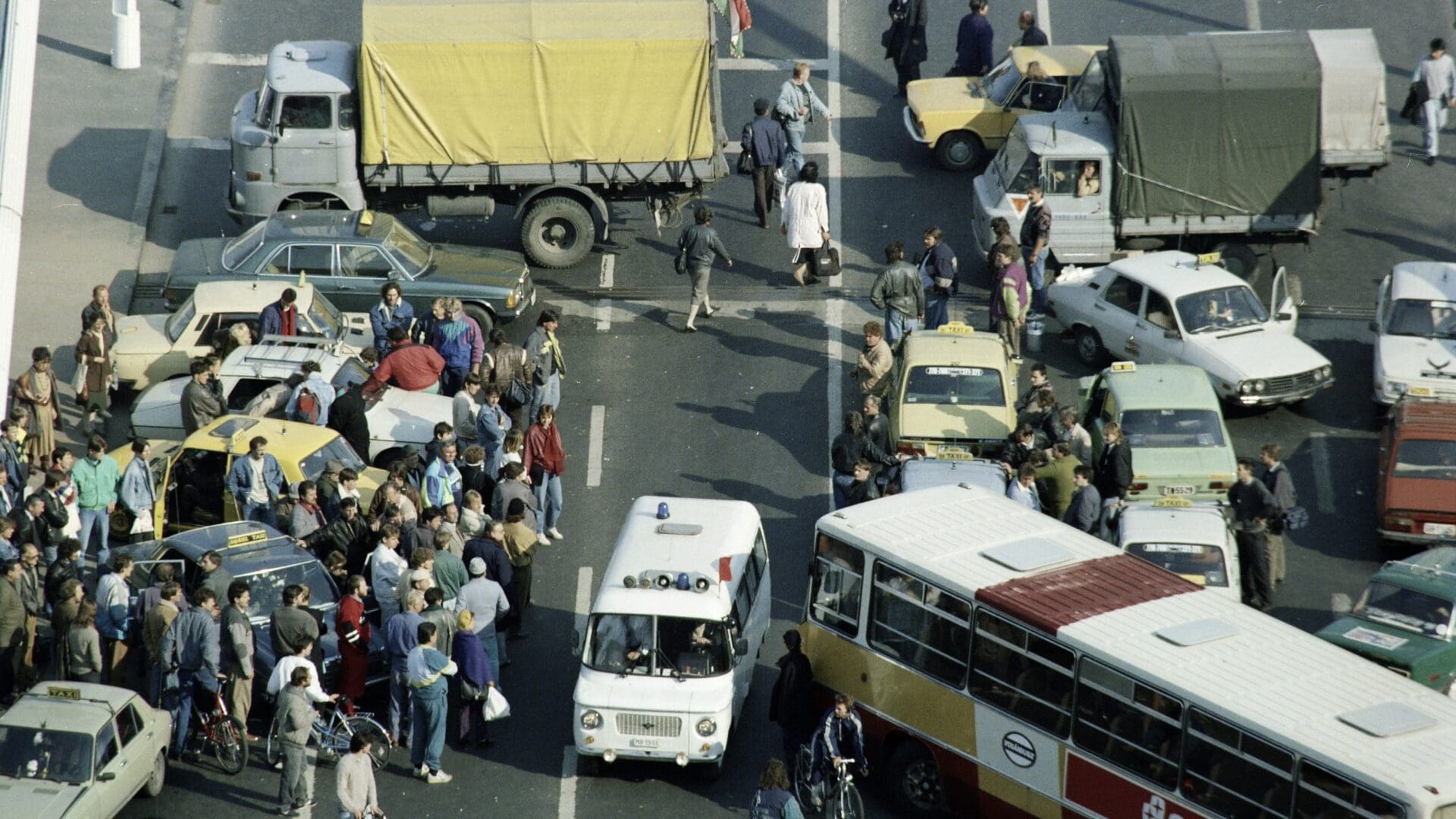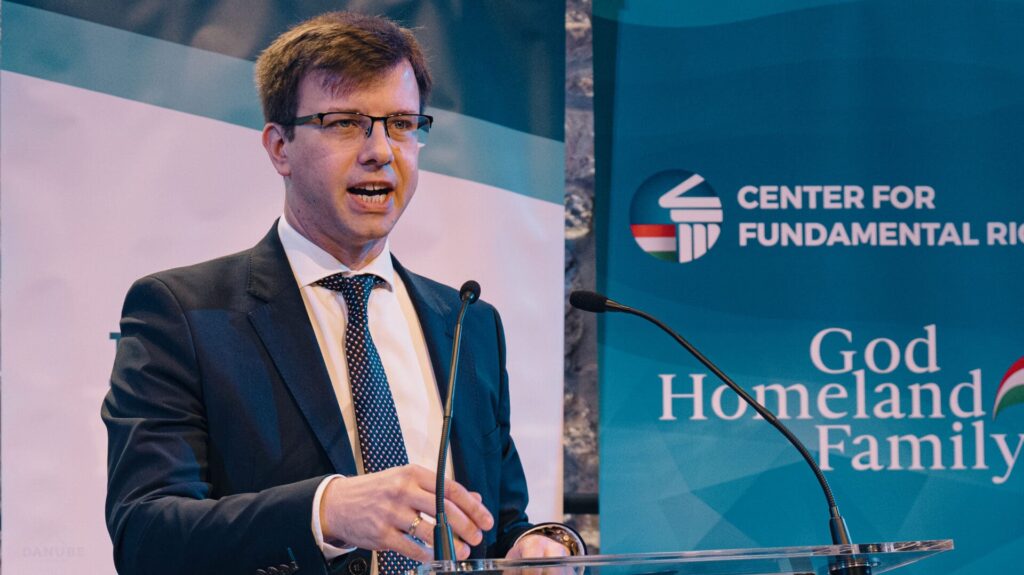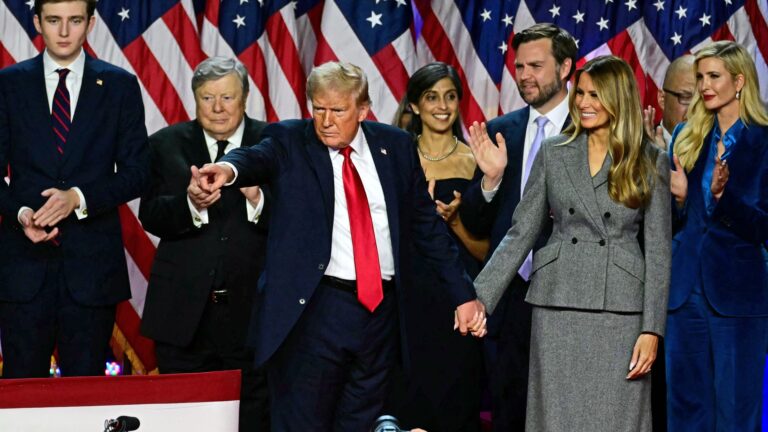Blokád was added to Netflix’s lineup on 22 March and is currently the most watched film on the streaming platform’s Hungarian offering, the National Film Institute reported.
A Successful Historical Piece
The film telling the story of the taxi blockade was also successful in cinemas and became the most watched Hungarian drama film of the year. The motion picture, starring Zoltán Seress, Attila Vidnyánszky Jr., Tibor Gáspár, Ildikó Tóth, and Zsolt Végh, was a standout success in theatres last year, spending five weeks among the top ten most popular films and becoming the most watched Hungarian drama film of the year, preceded only by comedies at the box office, according to the National Film Institute.
In the film, the historical background of József Antall’s life is also showcased, with an excellent rendering of the suffocating atmosphere of the Rákosi era as well as of the events of the 1956 revolution. Scenes from the life of the young Antall as a secondary school teacher are also included in the film, highlighting the enormous influence he had on his students during his brief career as a teacher of history, as well as his role in the 1956 revolution. The main storyline focuses on how József Antall handled the events as head of government. One can see the measured but fiercely democratic personality of the Prime Minister, who was recovering from an operation in the midst of the need for crisis management and political clashes, and trying to be in charge while lying in a hospital bed.
BLOKÁD – Hosszú előzetes (12)
BLOKÁD OKTÓBER 20-TÓL A MOZIKBAN! Taxisok tüntetnek az Országháznál a drasztikus benzináremelés ellen. A demokráciából hamar kiábrándulva blokád alá vonják a várost, majd hamarosan az egész országot. Az ellenzék melléjük áll és forradalomra buzdít. A köztársasági elnök, a sajtó, a közhangulat velük szimpatizál, a karhatalom pedig magára hagyja a népszerűtlen intézkedések miatt népszerűtlen kormányt.
Along with its success, the film was involved in some controversy upon its release. According to Csaba Káel, government commissioner for the development of the Hungarian film industry and chairman of the National Film Institute, many wanted to ‘expropriate’ the regime change, which is why the left launched an attack this past autumn on Blokád, taking issue with, among other things, how President Árpád Göncz is portrayed in the film. He said the portrayal of President Göncz, Hungary’s head of state between 1990 and 2000, was not well received by leftist parties, even though his character was written based on historical documents. He said that the question of who can claim to have induced and carried out the regime change is still debated, and many would like to take the credit. The film did not have the ambition to answer that question, it merely tried to bring back the experience of the crisis of a democracy in the making. Árpád Göncz was a part of this process, and he was portrayed accordingly. Films pose questions that viewers need to answer, instead of the creators, he opined.
The Blockade
The title of the film refers to events that occurred in 1990. The taxi blockade of Hungary was a significant event in the country’s transition to democracy following the fall of the Communist regime. In February of that year, taxi drivers in Budapest went on strike, blocking major roads and intersections in the city and refusing to allow cars, including lorries transporting food or ambulances. The protest lasted for several days and had a significant impact on transportation in the capital.
The taxi drivers were primarily protesting a drastic hike in fuel prices that the newly elected government was forced to introduce after Russia temporarily turned off oil shipments to the country.
The blockade quickly gained widespread support from the public, who sympathised with the drivers’ concerns. Demonstrations and protests sprang up across the city, with many people joining the drivers in their blockade.
The Hungarian government responded by negotiating with the taxi drivers’ union, as well as with representatives of employer organisations and eventually reached a compromise.
The Mission of the National Film Institute
According to Box Office Mojo, Blokád earned nearly 99 million forints in cinemas. The Hungarian government contributed 1.5 billion forints in state support for the film. Nearly 58,000 people bought tickets for it, and it was shown in cinemas for 22 weeks.
One of the main goals of the National Film Institute is to bring Hungarian creations to as wide an audience as possible, and to ensure that these works remain available for as long as possible on as many platforms as possible after their theatrical release. In terms of film rights sales, the Film Institute’s key partner is Netflix Hungary, and among the most viewed content last year were Hungarian films such as Szia, életem!, Nyugati nyaralás, Együtt kezdtük, A játszma, and Az unoka.
Related Articles:








